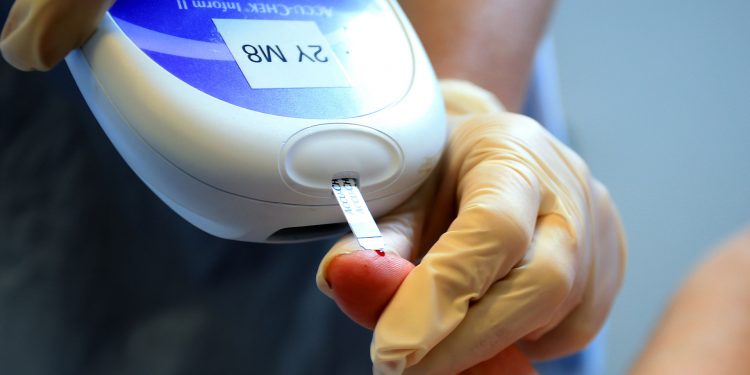New research suggests that initiatives designed to address the alarming rise in the incidence of type 2 diabetes will be ineffective if not accompanied by strategies that take account of factors such as food traditions and gender roles. The alarming rise in the rates of type 2 diabetes is fueled mainly by increasing obesity rates and diabetes could affect one in nine adults by 2045 – more than 730 million.
The findings from the Cities Changing Diabetes research were presented at the 54th Annual Meeting of the European Association for the Study of Diabetes (EASD 2018) in Berlin, Germany.
David Napier, who is professor of Medical Anthropology at University College London (UCL), told delegates: “For many years, diabetes has continued to rise at an alarming rate despite the best efforts of policymaker and healthcare providers … In order to turn the table on this devastating and costly disease, we need to think differently and adopt new approaches. When public health strategies and individual care plans take into account the prevailing local cultures and associated conventions and behaviours, they are much more likely to be successful.”
Researchers pointed to a number of social and cultural factors that they believe is contributing to the rise of diabetes in cities around the world, including: standard medical referral practices acting as barriers to preventive care and services for diabetes (Copenhagen); food traditions becoming entwined with heritage and culture and often being perceived as providing ‘comfort’ (Houston): traditional gender roles limiting effective self-care in male-only households, as some men are unable or unwilling to provide diabetes support to others (Mexico City).
Research also demonstrated that rates of diabetes and obesity are accelerating in every region of the world today, not just in North America and Europe, where obesity has been rising for decades. Africa, on the other hand, is projected to see a near-threefold increase in the number of people living with diabetes as the population ages and obesity prevalence increases.
“Whether it’s by initiating door-to-door care provision, relocating clinics within urban communities or through enabling peer support among religious faith groups, the many partners in the Cities Changing Diabetes programme are already acting to great effect on these research findings,” said Niels Lund, vice president for Health Advocacy, Novo Nordisk. “However, halting the rise of diabetes requires others to learn from their approach and to develop strategies that reflect local needs. To this end, the Cities Changing Diabetes programme is an open and inclusive partnership in which anyone with a stake in the prevention and treatment of diabetes is welcome to participate.”










